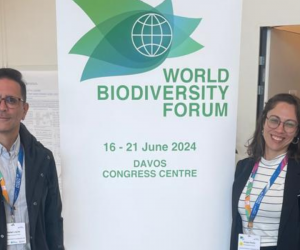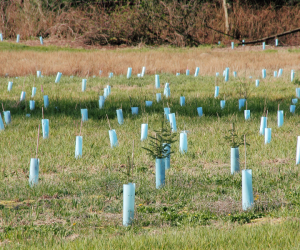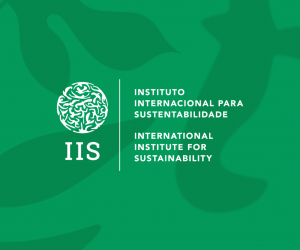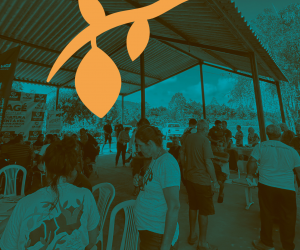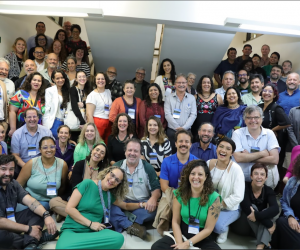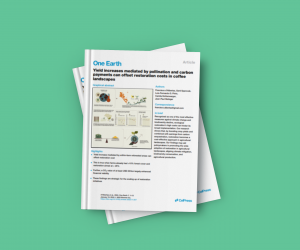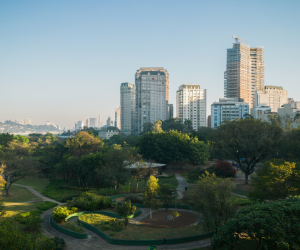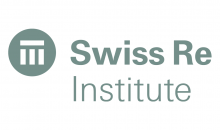Framework to guide the mitigation of natural disasters through Nature-based Solutions
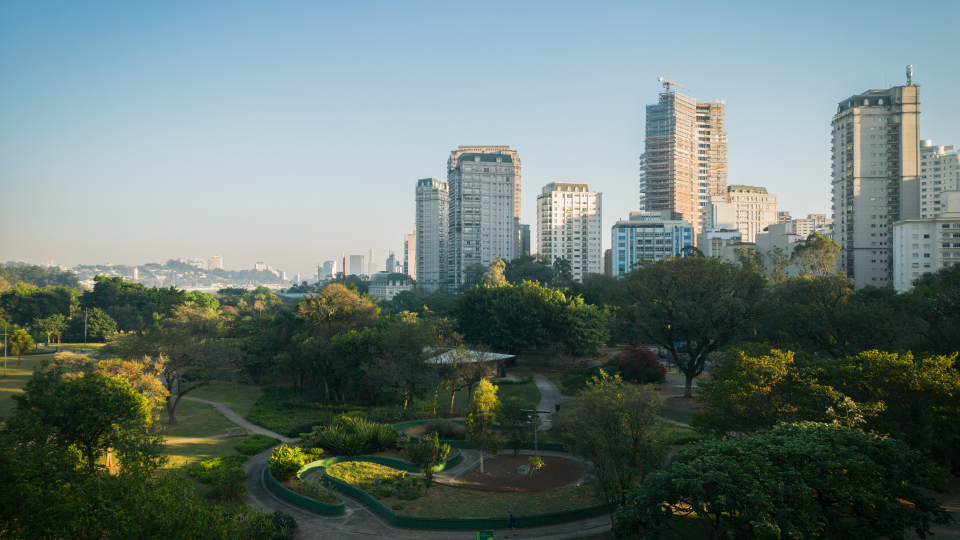
Global changes, especially in the form of climate change and land use, pose significant threats to both biodiversity and ecosystem services (BES) as well as human populations. The impacts of global changes are already being felt, with deforestation rates increasing and global temperatures rising by more than 1°C. Projected scenarios suggest a worrisome future for society in the absence of corrective and mitigating actions. However, actions such as deforestation control and carbon emissions reduction are no longer sufficient to reverse this trend, so more ambitious efforts are needed to ensure the continuous flow of nature’s benefits to society.
Fortunately, there is a growing recognition of nature’s role as part of the solution. Nature-based solutions (NbS) involve the protection and restoration of ecosystems to address global societal challenges while providing benefits to both humans and nature. They aim to enhance ecosystem resilience through the benefits provided by BES, balancing risks and mitigating losses to promote human well-being. Nature’s potential to reduce the risk of natural disasters such as floods, landslides, and coastal flooding is particularly valuable, making it essential to identify priority areas for NbS implementation.
To meet this need, the IIS proposed the development of a framework, presented as a methodology that is easily replicable and adjustable to any region of interest, to anticipate, evaluate, and reformulate socio-economic policies and activities, guiding the formulation of local, regional, and national policies. As a case study, the methodology will be applied to the state of Rio de Janeiro, Brazil. The state of Rio de Janeiro, located in the Atlantic Forest biome, has low native vegetation cover, with two-thirds of its land covered by non-natural areas such as pastures, agricultural areas, mining, and degraded lands. The depletion of forest cover, urbanization in coastal zones, and occupation of hillsides increase the risks of climate change-induced natural disasters, such as soil erosion, floods, and coastal inundation.
Based on relevant positive and negative policy narratives, the project aims to:
- Develop land use and climate change scenarios at different time scales to assess their impacts on BES, using the state of Rio de Janeiro as a case study;
- Identify hotspots of negative impacts on BES, as well as synergies and trade-offs among the provision of key ecosystem services (coastal protection, erosion control, inland flood control, biodiversity conservation potential, and socio-economic aspects) to map priority areas for NbS strategies;
- Build a framework that is easily replicable and adjustable to any region to guide the formulation of local, regional, and national public policies to reduce the risk of natural disasters.
The project was one of the five winners of the “Biodiversity and Ecosystem Services Scenarios Modelling Challenge,” organized by the Swiss Re Foundation to financially support research on the topic. It began its activities in August 2023 and is scheduled to conclude in December 2025. Preliminary results will be presented at the World Biodiversity Forum in June 2024, and the final results will be presented at the World Economic Forum in January 2025, both in Davos, Switzerland.

